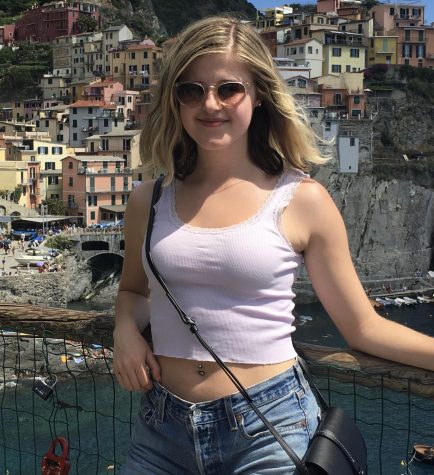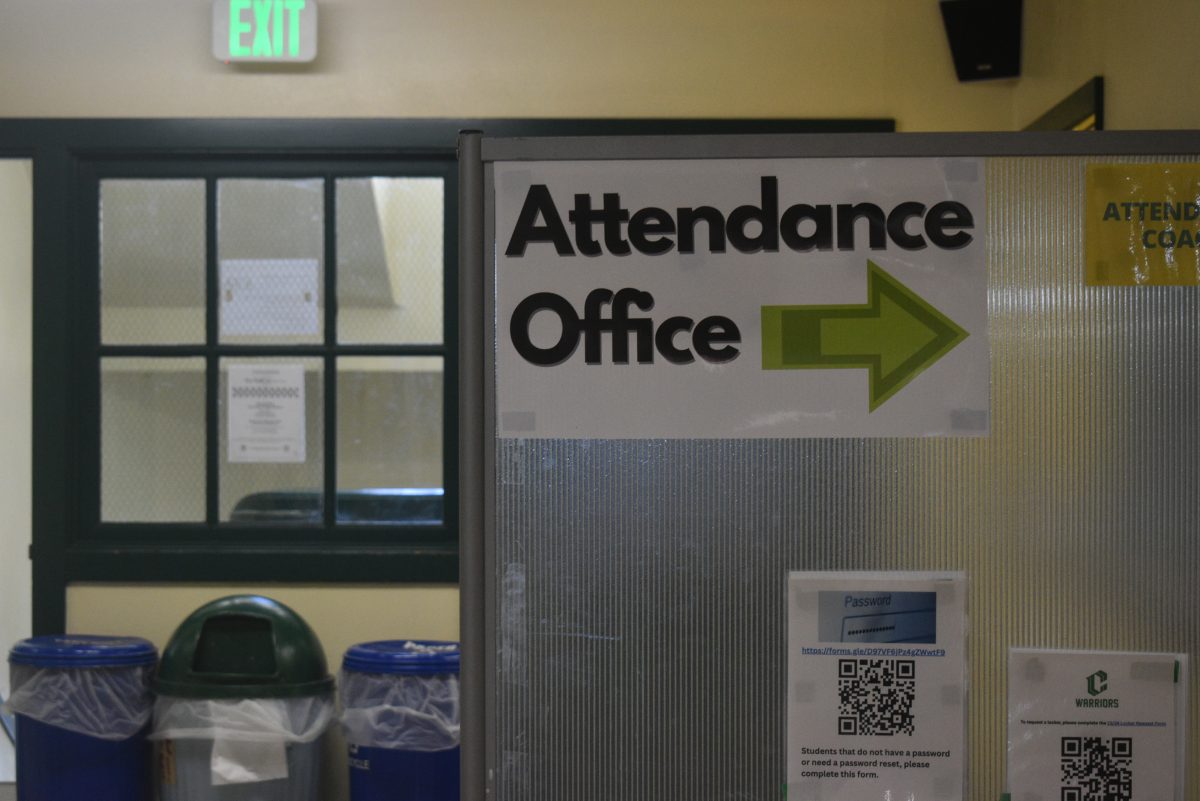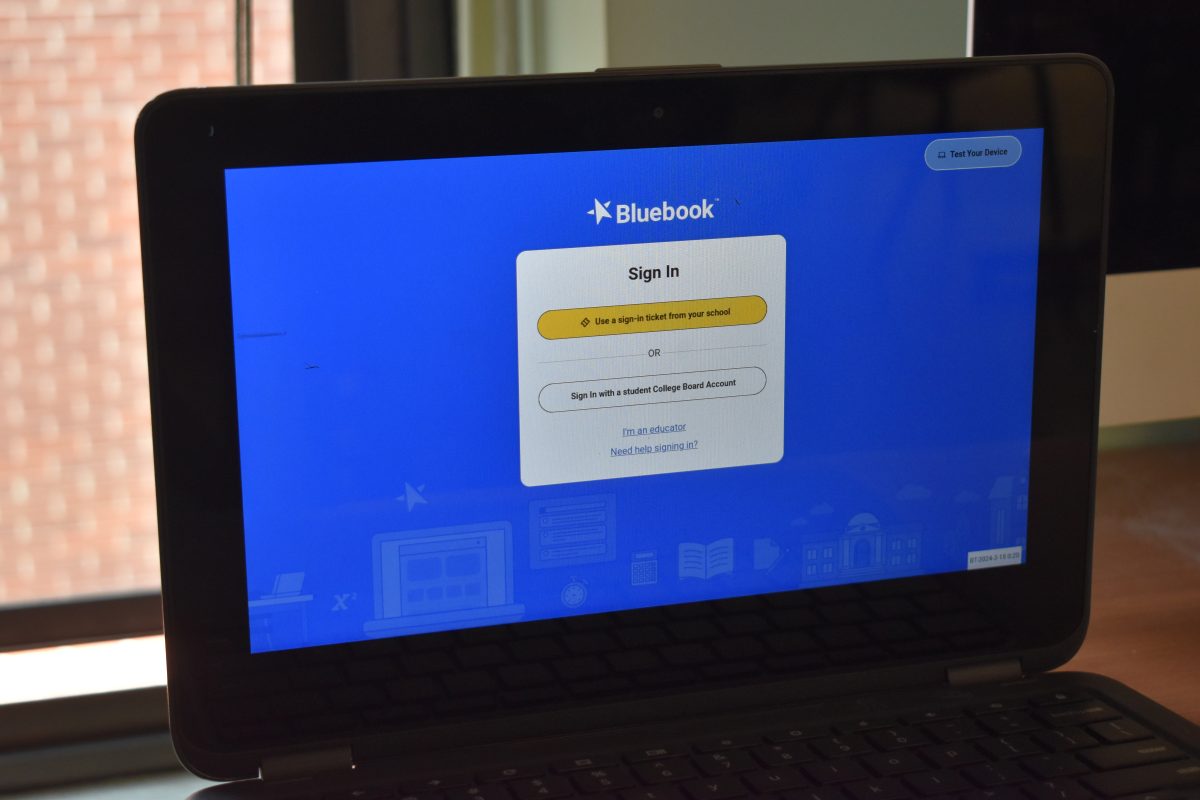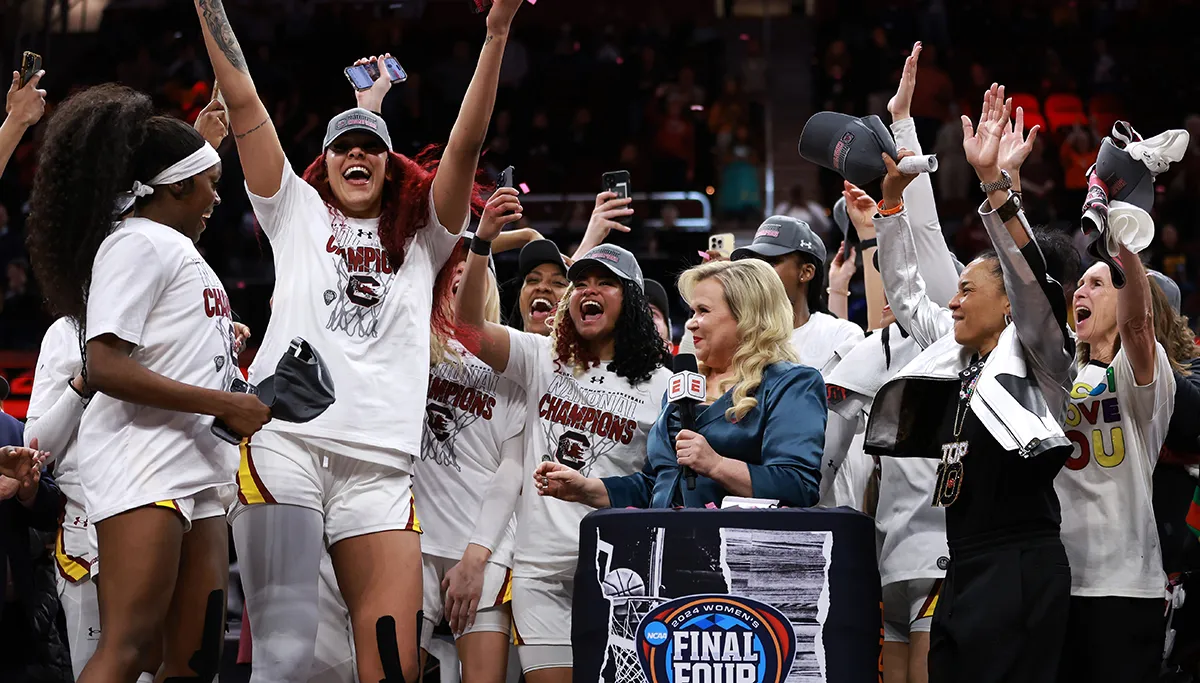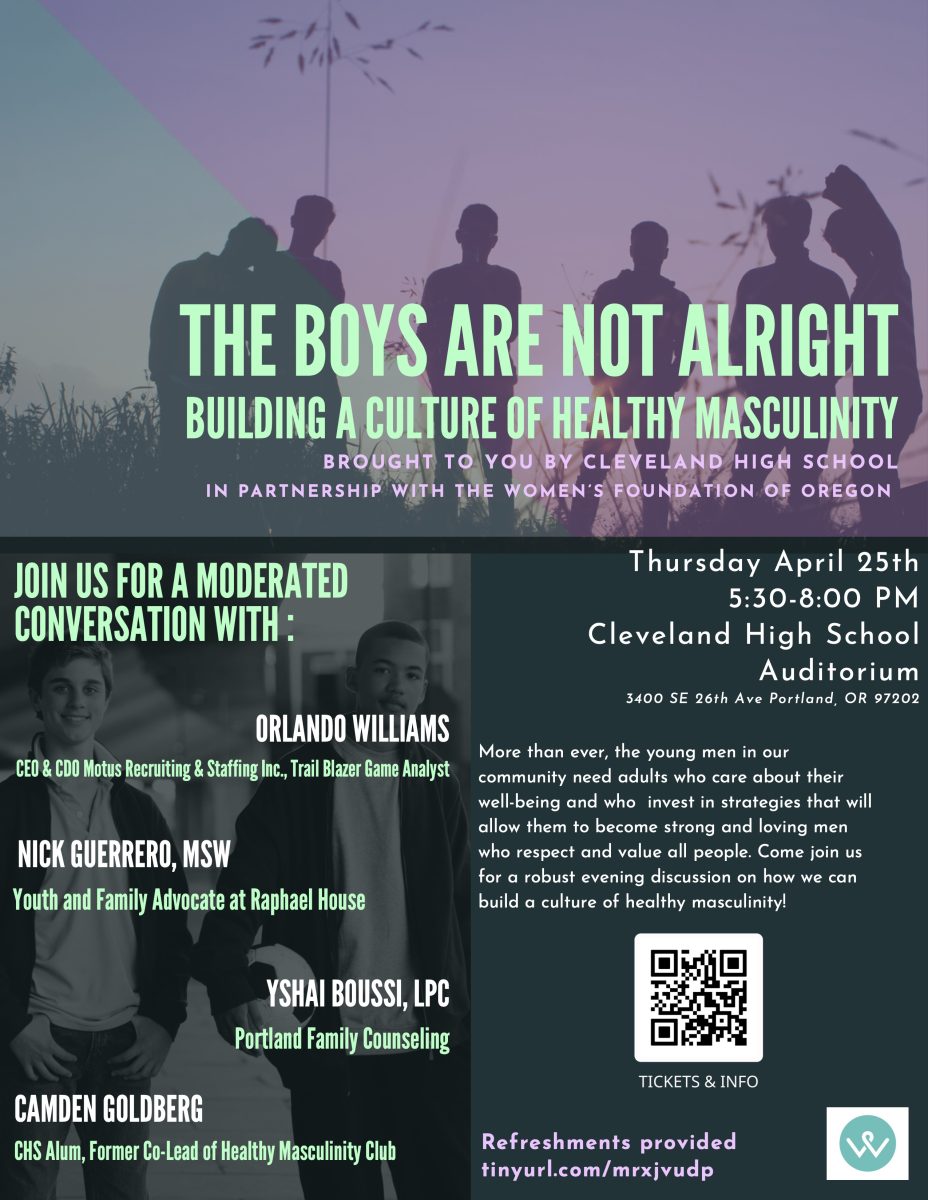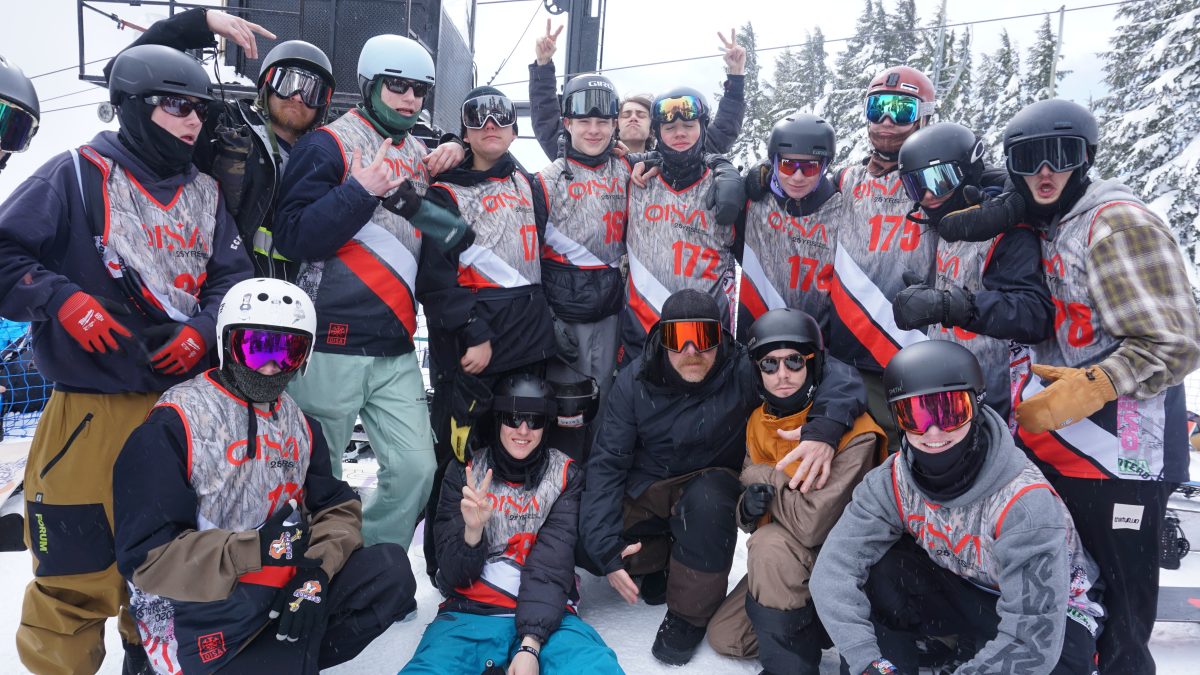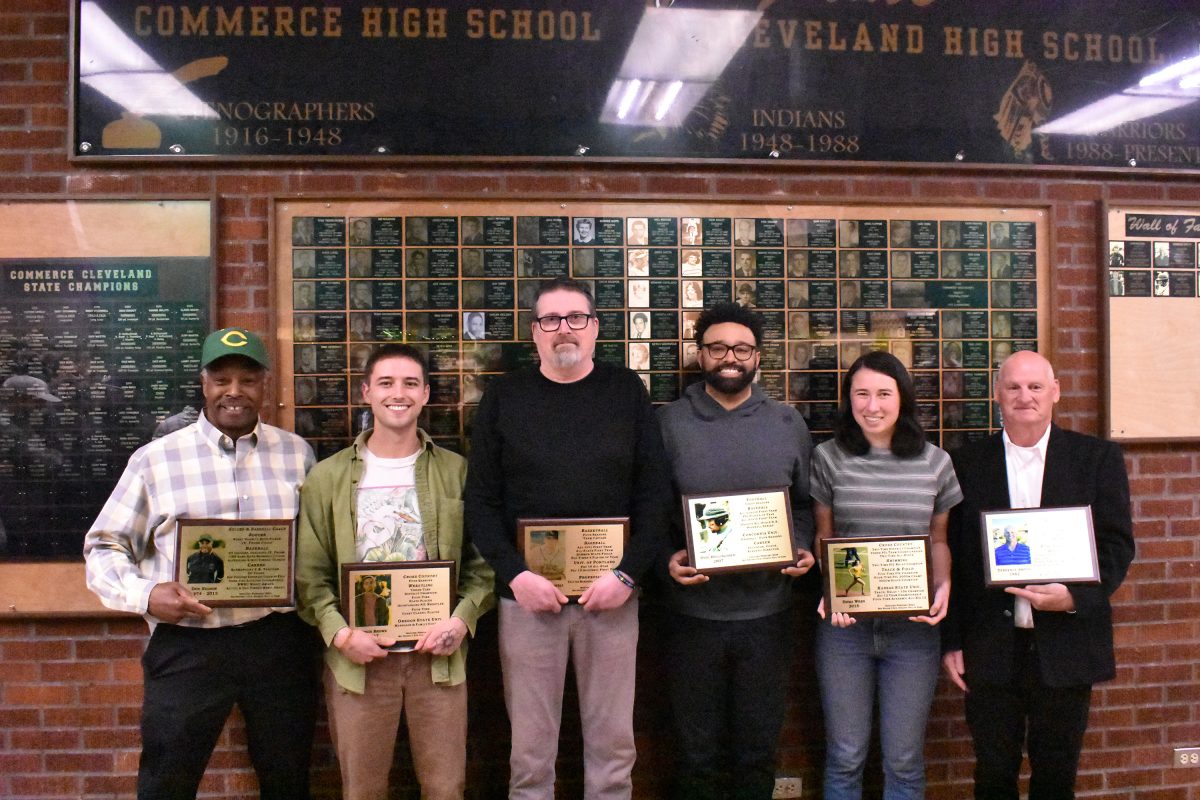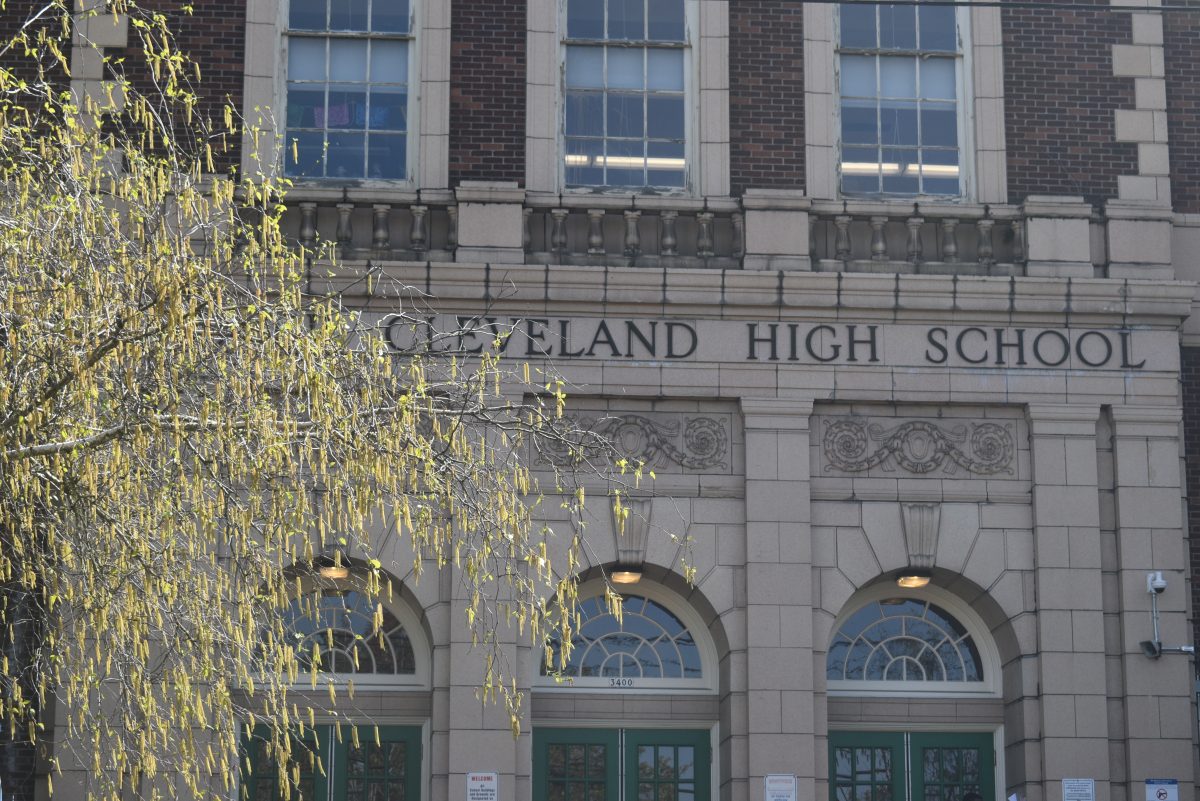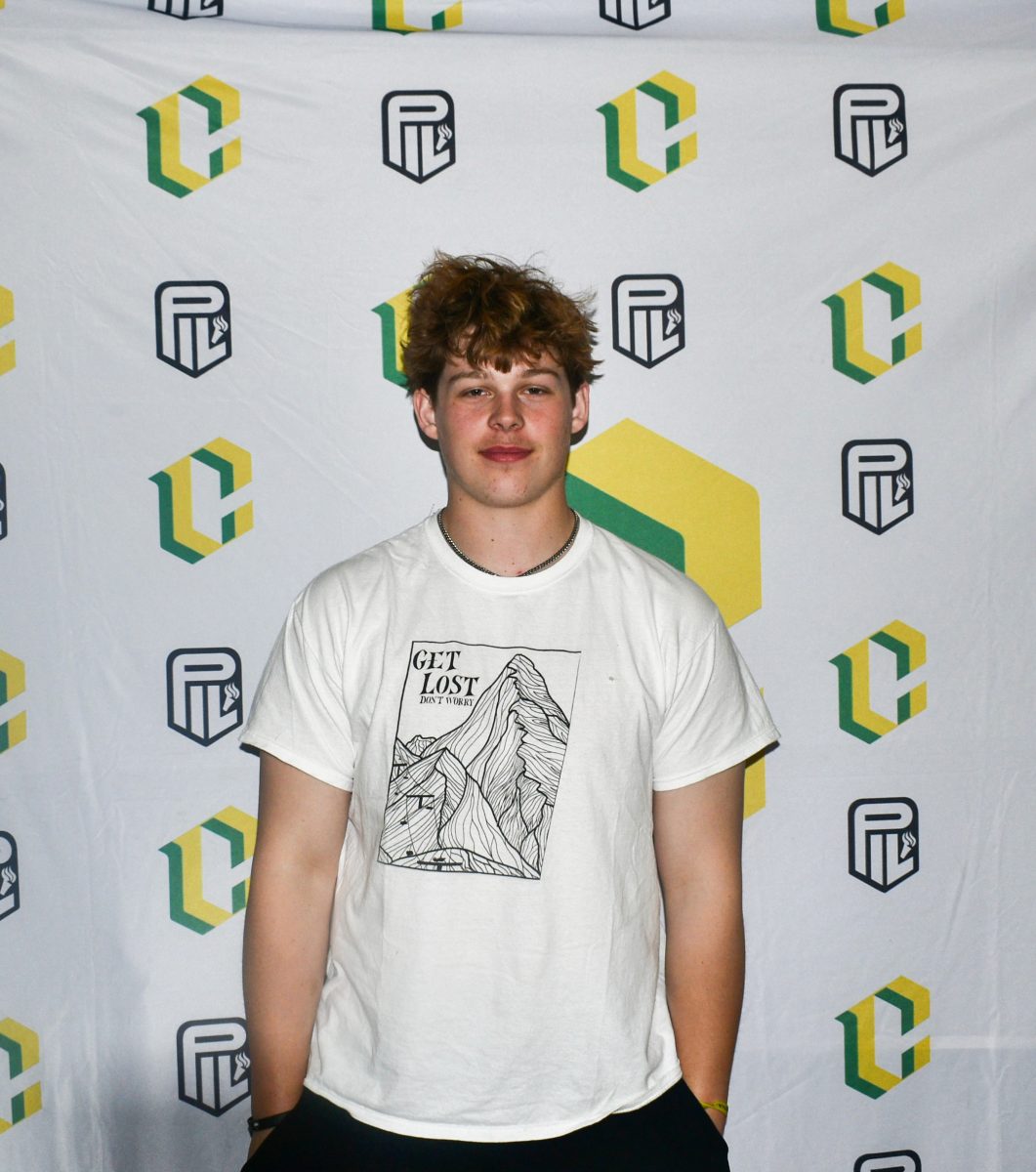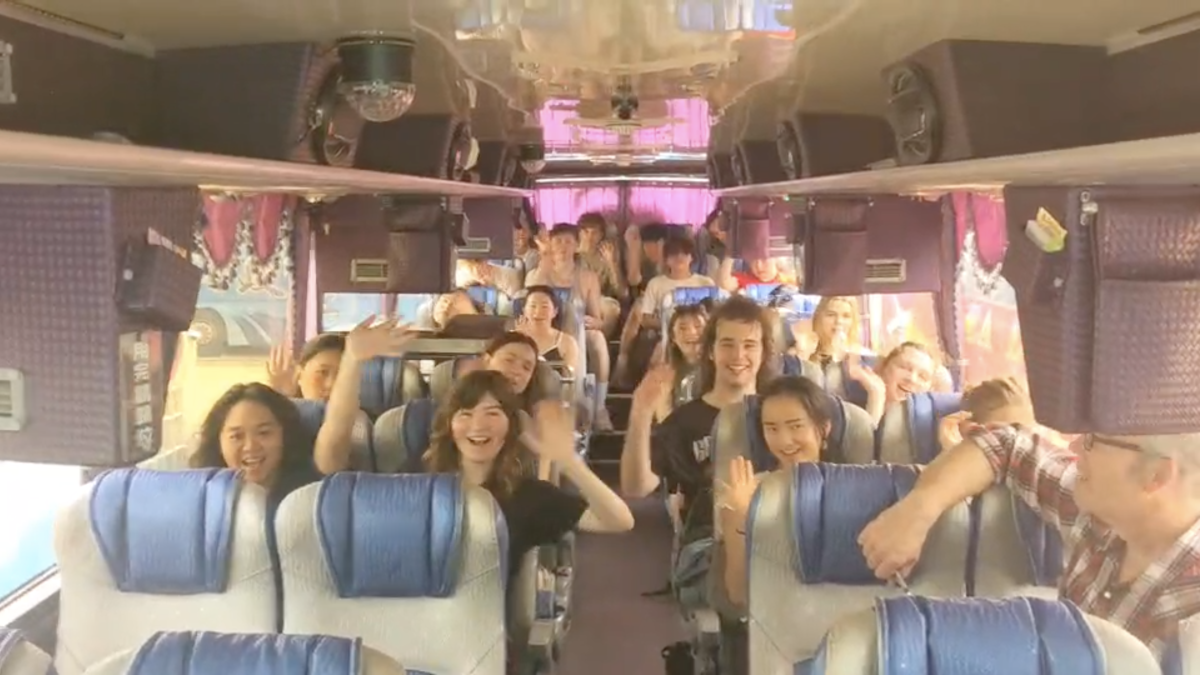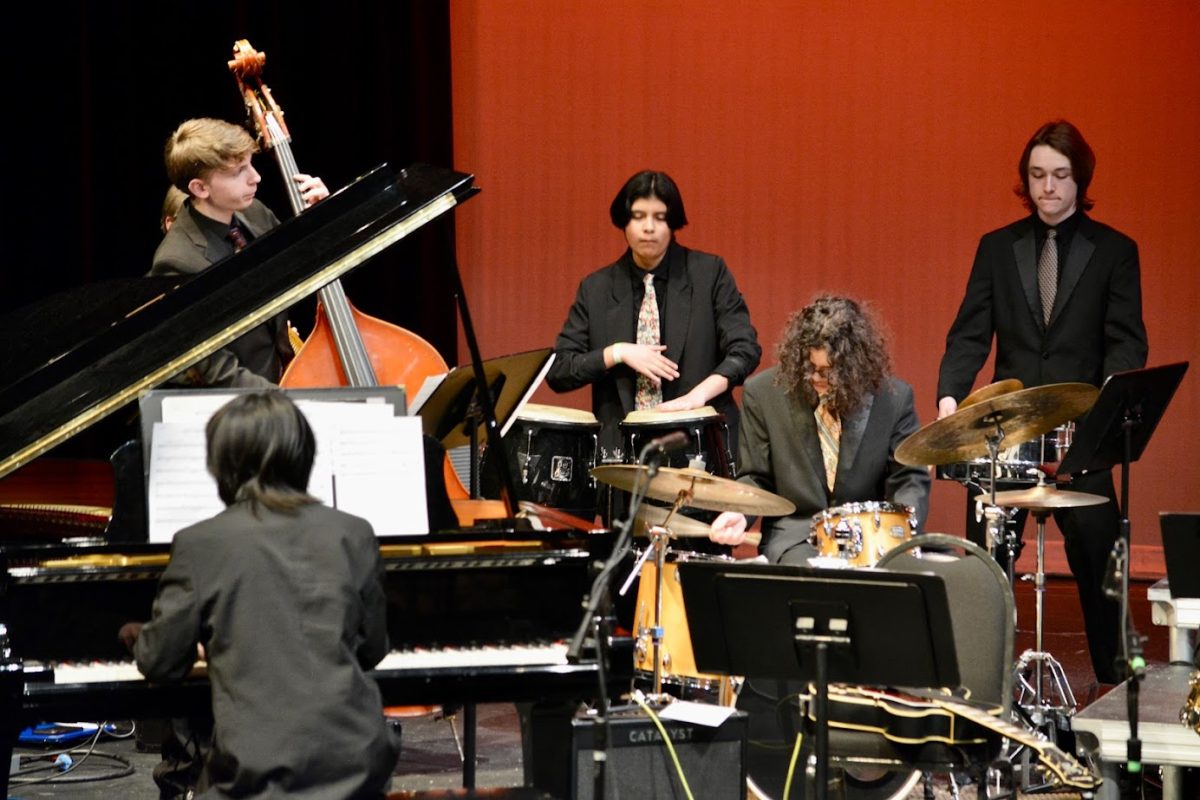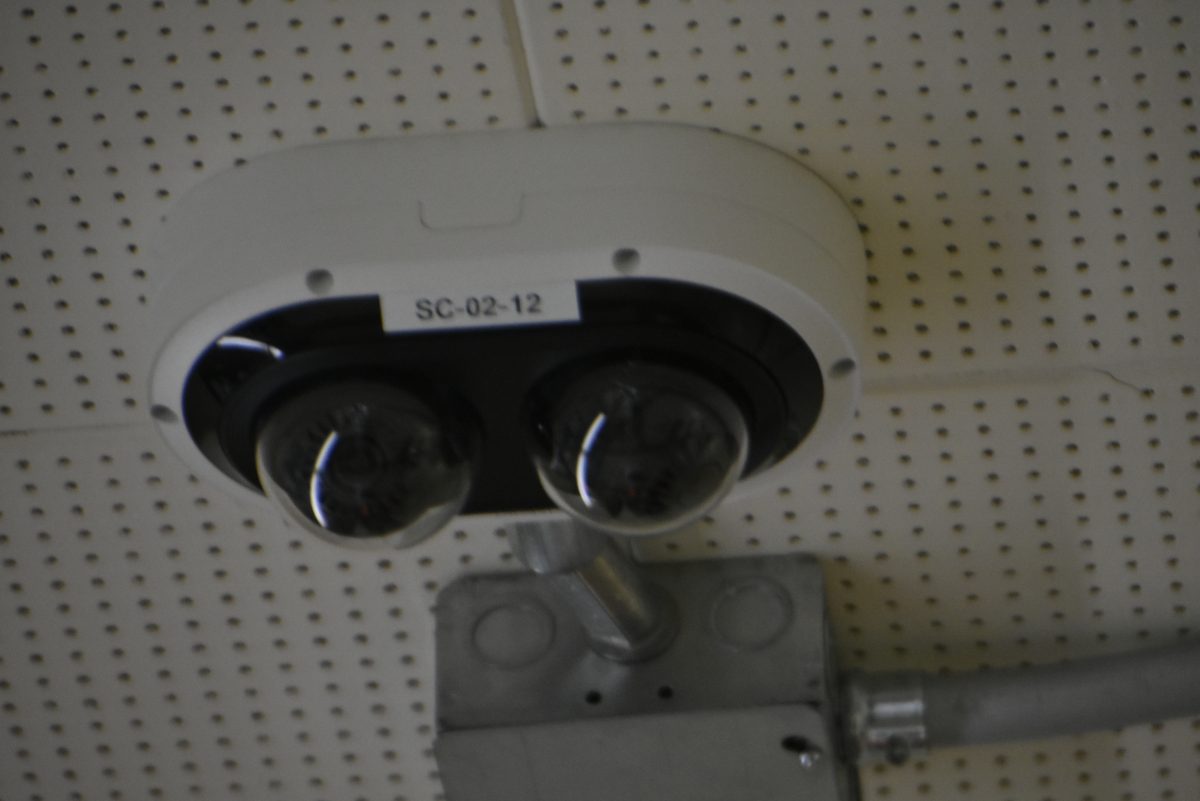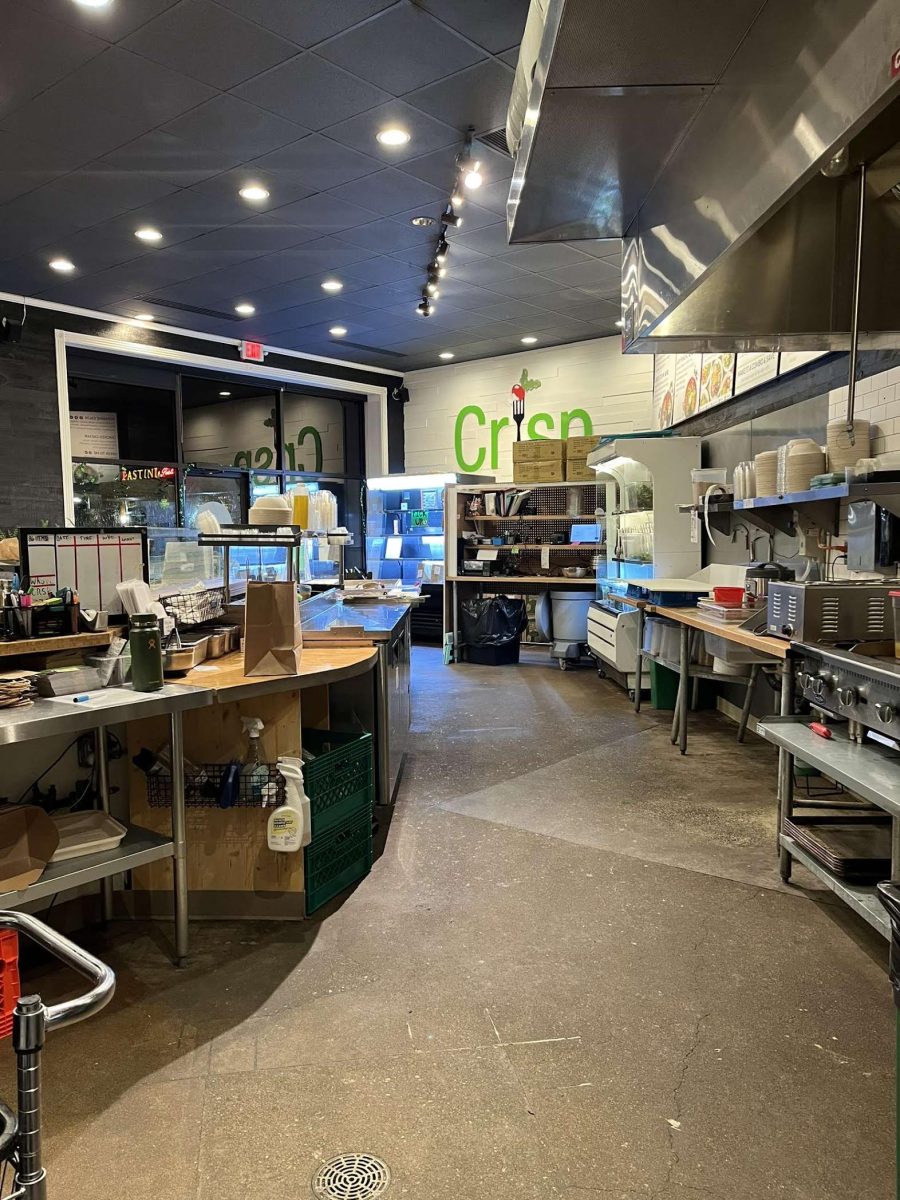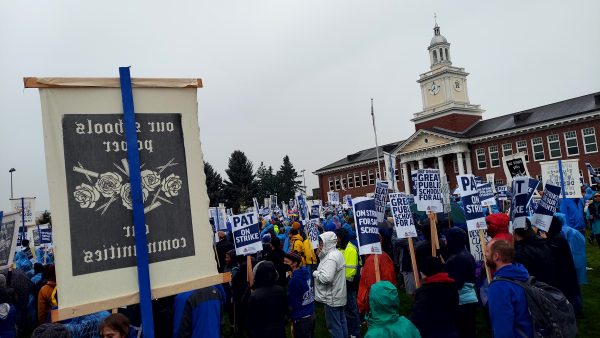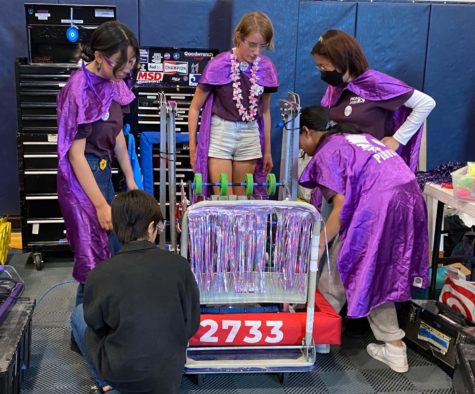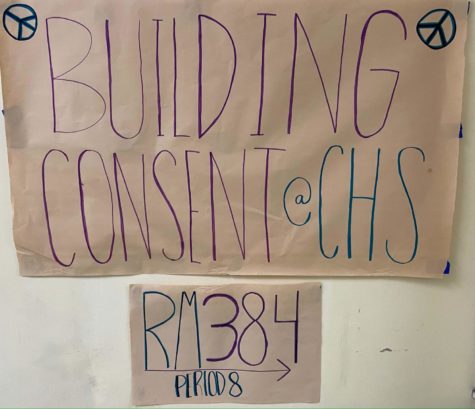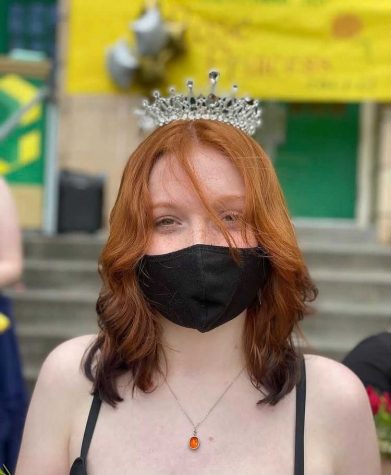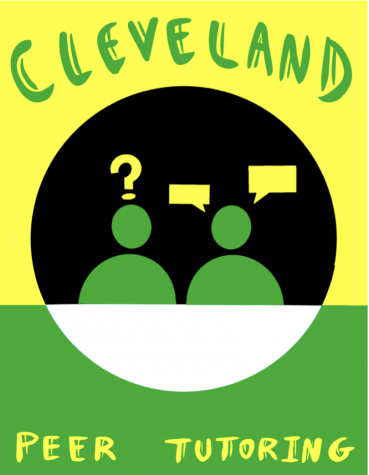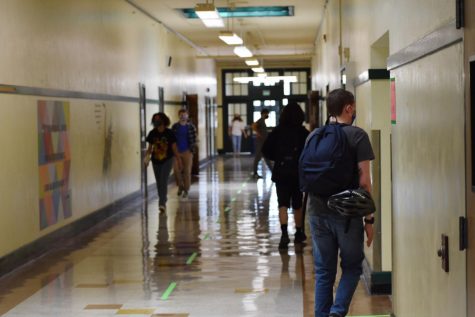Portland Students and Activists Converge to Build Consent Culture
January 15, 2019
Over the last few months, students, activists, and organizations from all over the Portland community had been working toward a common goal: hosting an event that educates about the importance of consent culture and how to achieve it. The result of countless hours of preparation and planning was the Consent Convergence on Nov. 10 at the Portland State University Smith Student Union. The Consent Convergence was a free day of workshops and community building to promote consent, equity, self-love, healing, and liberated relationships.
What is a consent culture and why is it important? Organizers and volunteers defined consent culture as a culture in which it is understood that everyone knows what is right for themselves, and everyone respects everyone else’s choices. Everyone’s right to bodily autonomy is not only protected, but ensured. Asking for consent is normalized in every encounter, not just romantic or sexual ones.
Organizers of the Consent Convergence believe that there are concrete steps we can take to achieve this kind of culture. These include bystanders and institutions stepping in when injustice or violence occurs, boundaries being respected, and people stopping actions and behaviors when asked.
The Convergence opened with short introductory speeches by a few organizers, including Pamela Zigo, one of the Confidential Advocates at Cleveland. Zigo was instrumental in the planning process and worked hard to make the conference a reality, while still letting youth lead the charge. “We really wanted the conference to be a platform for youth activism and youth education, so folks who attended could walk away feeling empowered to be leaders,” said Zigo.
Additionally, a few students representing various clubs, organizations, and schools gave quick introductions and described why they were passionate about organizing the Convergence. After participants learned about guidelines for the day regarding accessibility, equity, and confidentiality, the first workshop session began. There were three workshop sessions throughout the day, with topics ranging from consent education, survivor resources, sex positivity, healthy relationships, body positivity, sexual healthcare, toxic masculinity, mental health, and more.
“We knew there were going to be people attending who were still kind of in the dark about consent and consent culture, so we wanted to have space to educate about that. But there were also quite a few people there who were very well-versed and enthusiastic about the topic, so we also wanted to build in more advanced workshops, like how to survive in and critique the rape culture that is kind of the water we are all swimming in,” Zigo said.
Many students who participate in the SAFER (Students Active For Ending Rape) club at Cleveland helped to organize the Convergence and some also led workshops, including juniors Kaia Berger and Sydian Mikesell. Berger’s workshop was titled “Examining Rape Culture on Social Media Platforms”.
“I wanted to educate young adults about this topic because social media is so relevant in our lives and I wanted people to be wary of the rape culture they were being exposed to,” said Berger. “I decided to help lead a workshop about what to look out for as well as how to use social media as a support system instead.”
Mikesell’s workshop was called “Community and Consent: How Building Community Fosters Consent Culture.” He discussed how different aspects of community relate to consent culture, as well as ways to strengthen those aspects of community through action. “I only presented to five people, but it went very well and I’m grateful for the opportunity to do something like it,” he said.
While Zigo spearheaded organizing, Cleveland’s other Confidential Advocate Julia Noble attended the event as part of the Care Team – a group of adults dedicated to support anyone who was dealing with trauma or just needed a break from the conversation or workshop they were attending. She applauds organizers of the Convergence for working to keep it centered on youth voices and youth activism.
“I think that having the opportunity for youth to come together and say that this is something we need to be talking about and something that is vital to us is very important, because in order to change the culture to more of a consent culture…it really is the youth that are going to be leading that charge,” Noble said.
Events that foster dialogue about issues affecting youth today are important learning tools for the Cleveland community. “Right now schools do not always know how to deal with sexual assault,” said junior Pearl Cook. “So kids standing up for themselves…is eye-opening.”
“I heard a lot of people say that this event deepened their understanding of what consent is and opened their eyes to the rape culture that is involved in our society,” Berger said. “Events such as the Consent Convergence help teach our future leaders that every voice matters in creating a healthy community.”
Mikesell believes that the education and knowledge that was shared at the Convergence can have a ripple effect even on people who did not attend. “People are products of their environment, so if there is a small group of people that behave in a consensual way creating a healthy environment, their peers will catch on too, creating a consent culture,” he said.
Zigo enjoys having the opportunity to work with youth as passionate about building consent culture as she is. “I’ve been doing this work…for a few years now, and I am so grateful for the chance to work with such motivated, enthusiastic, and brilliant youth,” she said.
Organizers hope that this event can happen again and continue to be a space for education around consent culture.
“I hope that this event continues for many more years,” said Cook. “I hope that the people who attended got what they wanted in the first place, whether it be more knowledge about consent, being able to share their voice and be heard, or just feeling safe and a part of a community for a day.”



